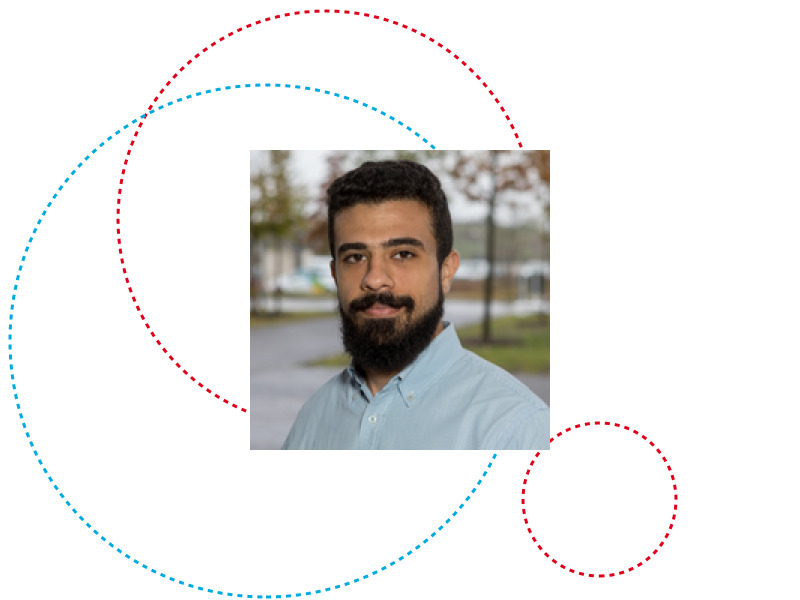You can join the PhD Defense through this link.
Members of the defense committee:
- Prof. Dr Ulrich SORGER, University of Luxembourg, Chair
- Prof. Dr Frédéric GUINAND, University of Le Havre Normandy, France, Vice-chair
- Dr Grégoire DANOY, University of Luxembourg, Supervisor
- Dr Matthias BRUST, University of Luxembourg, Member
- Dr Jean-Philippe HUMBERT, ILNAS, Belvaux, Luxembourg, Member
- Prof. Dr Pascal BOUVRY, University of Luxembourg, Expert
Abstract:
The rapid adoption of Internet of Things (IoT) has encouraged the integration of new connected platforms such as Unmanned Aerial Vehicles (UAVs) to the ubiquitous network. UAVs promise a pragmatic solution to the limitations of existing terrestrial IoT infrastructure as well as bring new means of delivering services through a wide range of applications ranging from monitoring and surveillance to on-demand last-mile delivery and people transport. Owning to their potential, UAVs are expected to soon dominate the low-altitude airspace over populated cities. This introduces new research challenges such as the safe management of UAVs operation under high traffic demands. In response to this, industry proposed a handful of constructs for UAV Traffic Management (UTM), however due to their centralised approaches, they will inevitably face limitations in scalability and resilience with predicted traffic demands and advancement in UAV autonomy.
In this context, the main objective of this work is to address the aforementioned problem by proposing a distributed UAV Traffic Management system (dUTM).
This thesis, hence, investigates the validity of the above hypothesis by:
(i) showing the performance insufficiency of centralised systems due to their inadequacy in efficiently optimising large UAV traffic,
(ii) showing why a distributed system is favourable due to its characteristics of scalability and resilience,
(iii) proposing a novel dUTM framework consisting of an airspace structure model, information exchange model and a traffic optimisation model that rely on distributed methods and approaches to intelligently handle highly dynamic and challenging traffic conditions.
To this end, this manuscript contributes to scientific literature by proposing a novel way of structuring the uncontrolled, low-altitude airspace and introduces a model of the Class G airspace as a multi-weighted multilayer network of nodes and airways. Additionally the work presents a novel distributed multiobjective path planning algorithm incorporating a dynamic multi-criteria decision matrix allowing each UAV or agent to plan their path relying on local knowledge gained via digital stigmergy. The PhD thesis additionally contributes to existing state of the art by exploring the technical standardisation landscape and investigating synergies between research directions and standards developments, taking into consideration pressing challenges of UAVs within IoT such as security, data protection and privacy.
